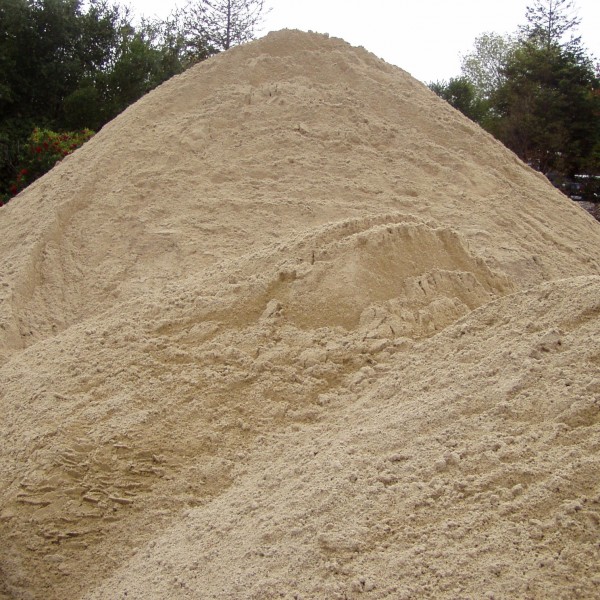Severe water shortages in Gwanda’s Nkashe Village have resulted in villagers selling pit sand in exchange for the precious liquid.
The sand is used for construction work.
This came out during a climate change social dialogue hosted by Community Youths Development Trust (CYDT) on Thursday.
Gwanda Ward 1 Councillor, Stanford Nkala said pit sand from Masholomoshe village which villagers are exchanging for water is a natural resource which is meant to be used for the benefit of the larger community.
Cllr Nkala noted that despite numerous engagements with the villagers, the practice has continued.
“Our area has been hard hit by drought. We don’t have water at all. Villagers now sell sand to outsiders. On many occasions we see trucks bringing in containers full of water and leave loaded with sand from Masholomoshe,” Cllr Nkala said.
“We have sat down with the people and explained to them that this sand is our natural resource and should be sold for the benefit of the whole community. Under privileged children, child headed families and widows could benefit from the proceedings. It is quite unfortunate that people are so desperate and cannot take advice. We have even engaged Environmental Management Agency (EMA) to tell them that what they are doing is illegal but they never stop.”
Cllr Nkala said they have, as community leaders, approached government offices to plead with them on solutions to alleviate the water woes they are facing but not much has been done.
Thulani Moyo, the Acting District Development Coordinator explained that there are several initiatives the office has embarked on to assist the community.
Moyo said three dam sites have been pegged around the community but due to funding constraints the projects have not taken off.
“The government doesn’t have enough money to fund the construction of dams around this area hence we have to focus on alternative solutions. We have the Bhopoma site, Tuli-Moswa site and Manyange but there is no money. We therefore resolved to task all organisations that embark on programs in our community to prioritise water provision,” said Moyo.
“So far UNICEF is running water and sanitation programs, Practical Action is taking care of sand dams and garden establishments, World Vision has installed solar powered gardens and community water points, DWSSC is in charge of borehole repairs and rehabilitations,” he said.
Moyo added that villagers have been encouraged to harvest water from roof tops whenever they receive rains.

